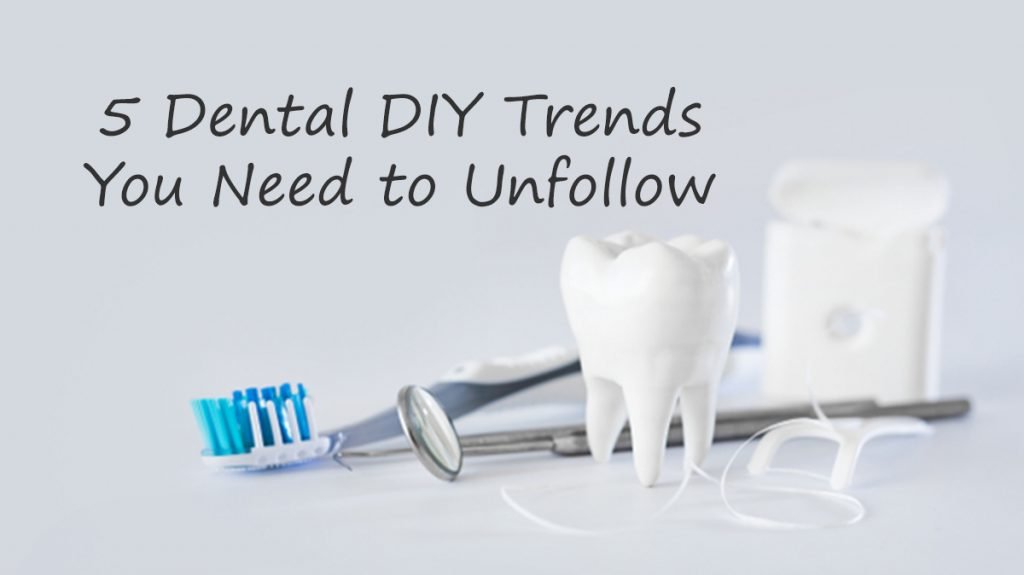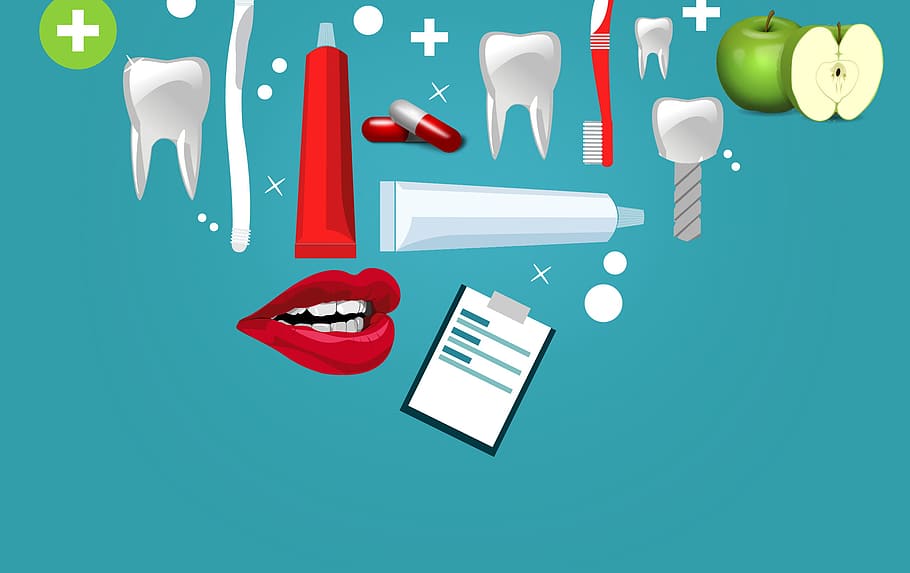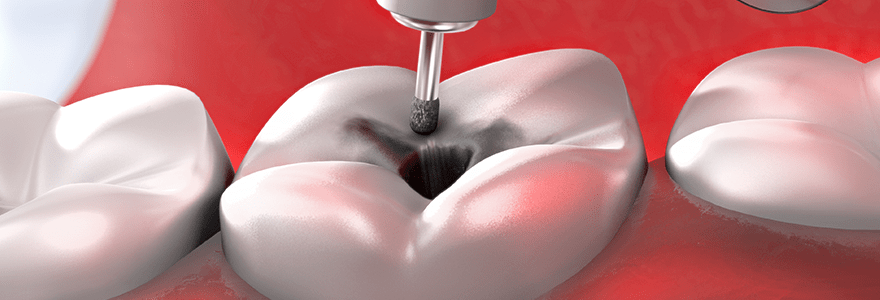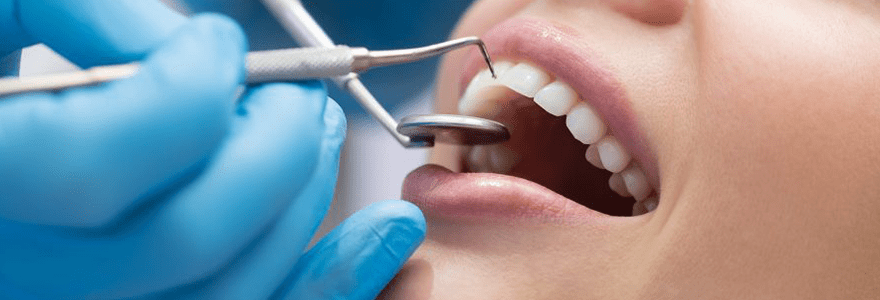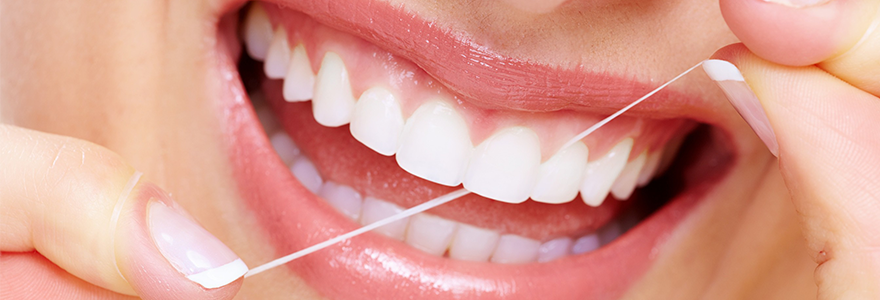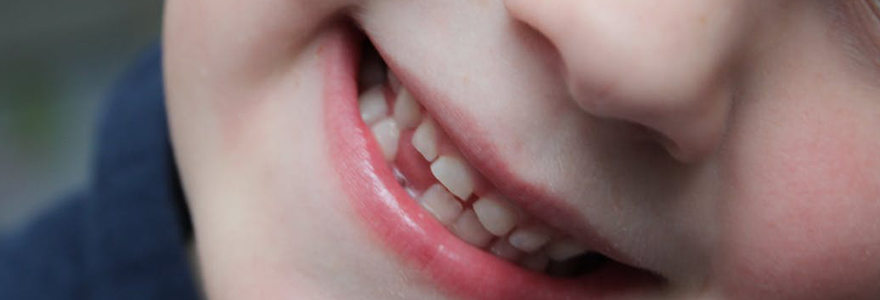- Post author:Dr. Gurpreet Gill
- Post published:November 30, 2020
- Post category:Dental Braces/Dental Bridges/Dental Care/Dental Care in Calgary/Dental Hygiene/Dental Insurance/Dental Services/Teeth Whitening
5 Health Problems caused by Crooked Teeth
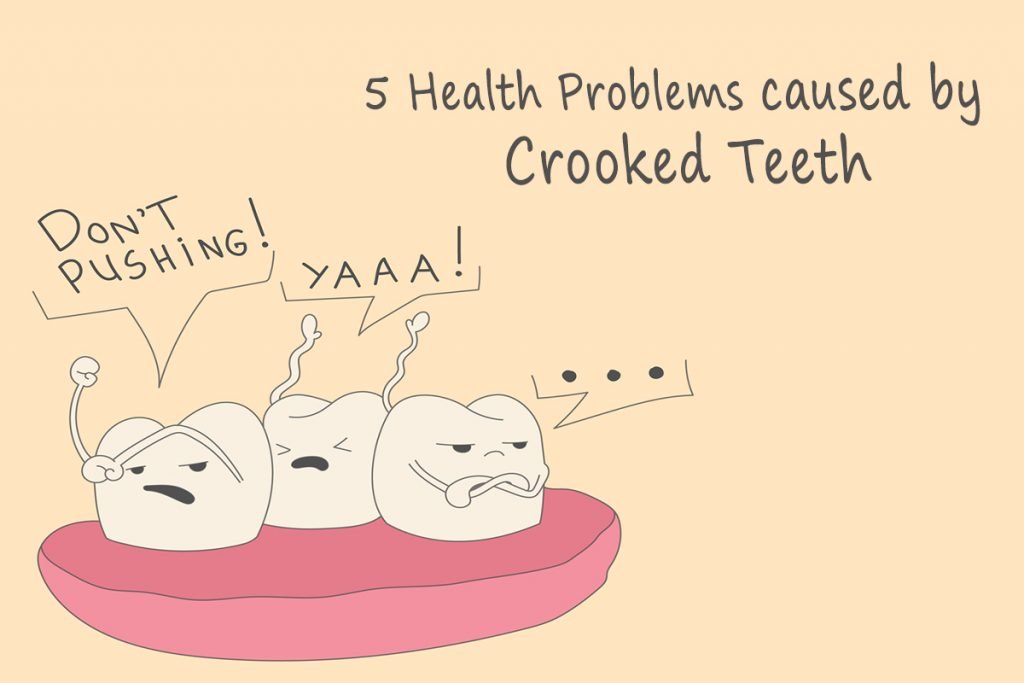
Crooked teeth are not just the cause for a self-conscious smile, but can also affect your overall health. Properly aligned teeth allow you to properly brush and floss, removing grit and bacteria that build in your oral cavity every day. Misaligned or crooked teeth make it difficult for bristles to get into the crevices. Harmful bacteria building on the teeth and gums leave the whole body at risk! Read on to discover some of the troublesome ways your crooked teeth can affect your health.
Improper Digestion
Misaligned teeth make it hard for you to chew properly. Human teeth are designed for different functions of chewing. Misaligned teeth hinder the function, leading to digestion problems. Proper chewing is necessary for the breakdown of nutrients for your body. Hence, crooked teeth can negatively impact your intake of nutrients causing a negative impact on your immune system and overall health.
Persistent Headaches
Crooked teeth throw your bite off-balance & put pressure on your jaw muscles. Temporomandibular joints connected to your lower jaw move smoothly when there is a perfect alignment of teeth. Crooked teeth restrict the TMJ’s smooth movement. This leads to a condition called TMJ disorder which gives way to chronic headaches & migraines.
Gum Diseases
Crooked teeth don’t allow bristles of the toothbrush to reach in all places, which leaves more room for bacteria to sneak in. Bacteria that survive the cleaning process start to build on and around the teeth which lead to deep pockets in your gums. The bacteria thrive in these pockets which leads the way to various dental complications like gum disease called periodontitis which can eventually lead to tooth loss.
Heart Diseases
Bacteria that thrive due to crooked teeth cause gum diseases & can travel through the bloodstream. When these bacteria reach the heart, it can result in cardiovascular diseases. Recent studies suggest that people with moderate to advanced stages of gum diseases are at greater risk for heart disease. Researchers have uncovered oral bacteria in the fatty deposits of people with atherosclerosis, a disease in which plaque builds up in the arteries. When untreated, these deposits can narrow arteries, causing a heart attack or stroke.
Respiratory Problems
Crooked teeth allow the breeding of bad bacteria in your mouth. Such bacteria in the mouth can reach the lungs and cause infections such as pneumonia. Studies have suggested a higher mortality rate from pneumonia in people with higher numbers of deep gum pockets which can be a result of crooked teeth. Crooked teeth can also cause airway problems such as obstructive sleep apnea.
Now you know that crooked teeth can not be ignored. Crooked teeth can be caused due to various factors like genetics, facial injury, habits like mouth breathing, etc. Certified dentists evaluate the underlying cause and formulate a custom plan to straighten up your crooked teeth. To save your pearly smile and overall health, consider getting orthodontic care today. For more information on our services or to schedule an appointment for your crooked teeth, please contact us today.
Our Score
Click to rate this post!
[Total: 0 Average: 0]

